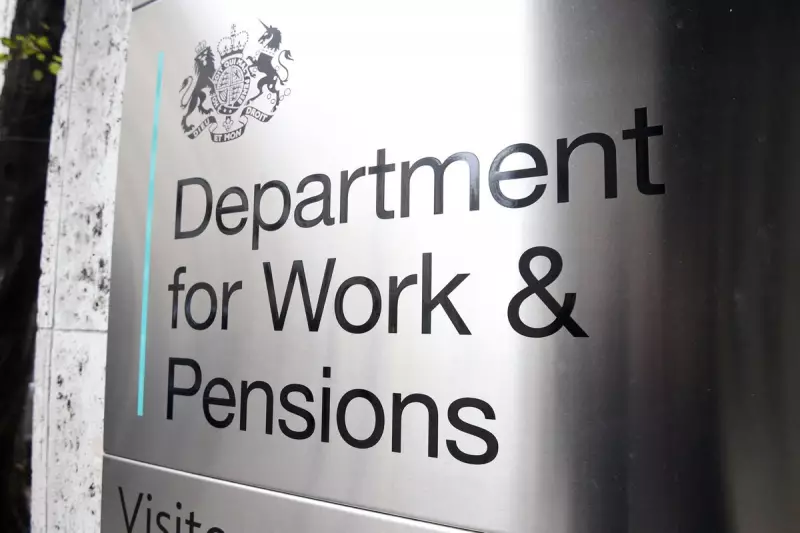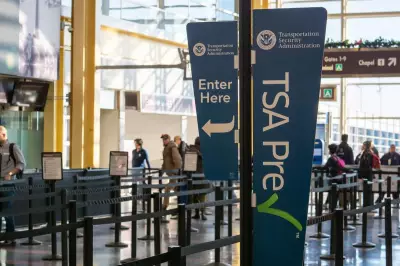
The Department for Work and Pensions has set the clock ticking on one of Britain's biggest welfare transformations, confirming that all legacy benefit claimants must be moved to Universal Credit by the end of 2026.
The Final Countdown Begins
After years of gradual transition, the DWP has announced its definitive timeline for what's known as 'managed migration'. This process will see millions of people currently receiving older-style benefits like Income Support, income-based Jobseeker's Allowance, and Housing Benefit systematically transferred to the Universal Credit system.
Who Will Be Affected?
The migration will impact approximately 900,000 households still receiving legacy benefits. These include claimants of:
- Income-related Employment and Support Allowance (ESA)
- Income Support
- Income-based Jobseeker's Allowance (JSA)
- Housing Benefit
- Working Tax Credit
- Child Tax Credit
What This Means for Claimants
The transition represents a significant administrative shift that could affect payment amounts and assessment periods. While the government maintains that most claimants will see similar or improved payments, advocacy groups warn that some vulnerable individuals could face temporary financial disruption during the switchover.
Protection Measures in Place
The DWP has emphasised that transitional protection will be available for those whose Universal Credit entitlement would be lower than their legacy benefits. This means eligible claimants won't see an immediate reduction in their payments when they move across.
The Migration Process Explained
The shift won't happen overnight. The department plans a carefully managed, area-by-area approach to ensure support is available throughout the transition. Claimants will receive migration notices with clear instructions and deadlines to complete their Universal Credit applications.
Failure to act on these notices could result in benefits being stopped, making it crucial for recipients to respond promptly to any communication from the DWP.
Looking Ahead to 2026
With the 2026 deadline now confirmed, both claimants and support organisations are preparing for the final phase of Universal Credit implementation. This marks the culmination of a welfare reform programme that began over a decade ago, representing one of the most significant changes to Britain's benefits system in generations.
As the migration accelerates, experts advise claimants to stay informed about timelines specific to their circumstances and seek advice from support services if they have concerns about the transition process.






